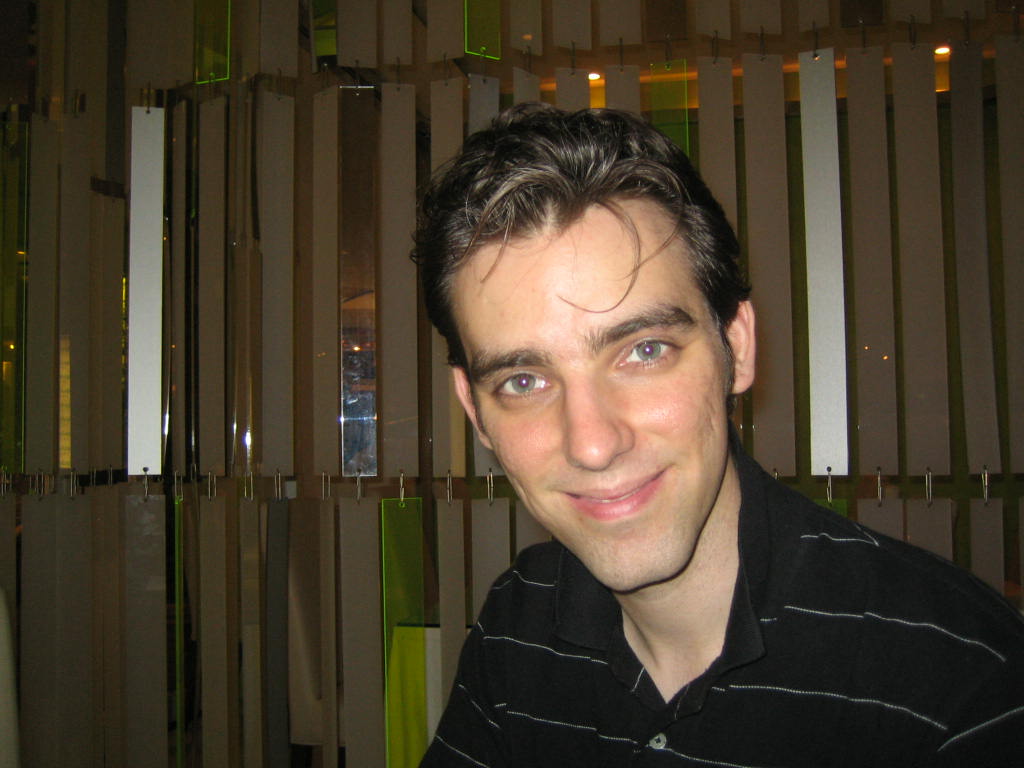Reason: The basis or motive for an action, decision, or conviction.
This is a marvelous example of linguistic tautological causality. Your self limits for understanding have to do with not being able to personally reconcile the
verb/noun distinction for the use of the word reason.
One describes a quality, (person, place or thing) the "meaning" of an act, phenomenon, principle of Natural Law, idea, or even one's life. The other is the verb that describes the attribution of merit, measure, modality, and motive, or when in doubt "pretext" (the negative context of rationalization) for any given proposition OR behavior.
You didn't fall into the black hole of language for no reason <{sic}> you fell in because of the causality of cognition. Grammars evolve as a memetic evolutionary process by being practical modalities for common usage but also the function as cognitive paradigms. You are switching back and forth between definitions and it is from this mixed metaphor you are creating your irreconcilability.
A rational belief is not a true oxymoron and is better viewed as a false dichotomy desirable as such because it serves the larger purpose of reinforcing dogma an indoctrination, but ask any great thinker from St. Anselm to Bertrand Russell, from Plato to Stephan Hawkins and you will find a continuity of quest for precisely this awareness, that rational belief is a higher understanding of the Natural Universe.
Obviously one "believes" in what is derived through disciplined, diligent effort and study. "Reason" results from the filtering of all {known} data and fact, by first and foremost attempting to be true to themselves, limiting their dependence upon dogma. The process of reasoning derives reasons: verb derives noun, action derives result. The belief in knowledge creating the motivation for activity, an endless cycle of reductionism, evaluation and application yielding the need for further analysis, a continuous cycle of behavioral choice.
It is tautological because it is cyclic and interdependent for meaning but it is two distinct ideas; one a "thing" "the motive force or motivation(noun)," and the other a "process," "the activity of thought (verb)" derived of the motive force being applied.
Reason is more than belief, and more than logic but it is both those as well.
It is linguistic and causal because it is no accident of language, it is determined by the definition of the words, but also the deterministic aspect motivation and the pragmatic applications of the conceptual logic.
They will still be aware that all their "facts" are suspect, relativistic to a continuous analysis of a subjective awareness that is the skeptic’s crucible from which to meld and alloy belief and reason into a much finer and firmer fabric which determines the substance of perceptible reality. That said what is also "obvious" is still suspect but while it is harder to do this objectively, it is however not impossible.
Edited by Lazarus Long, 23 October 2003 - 06:44 PM.



















































